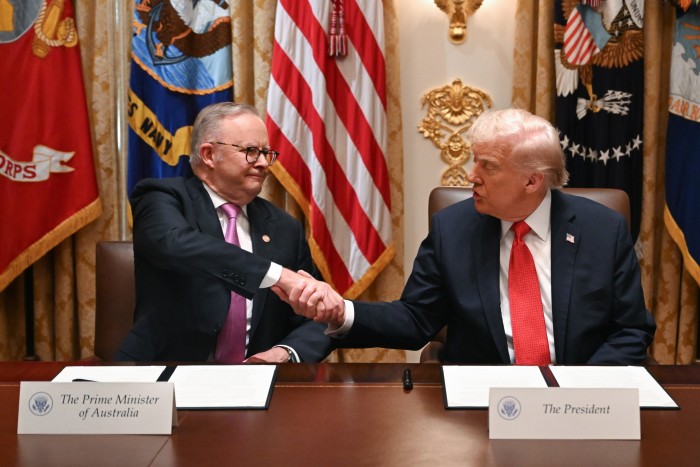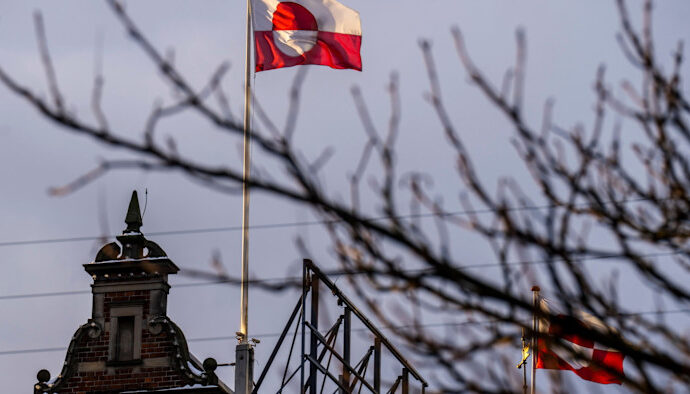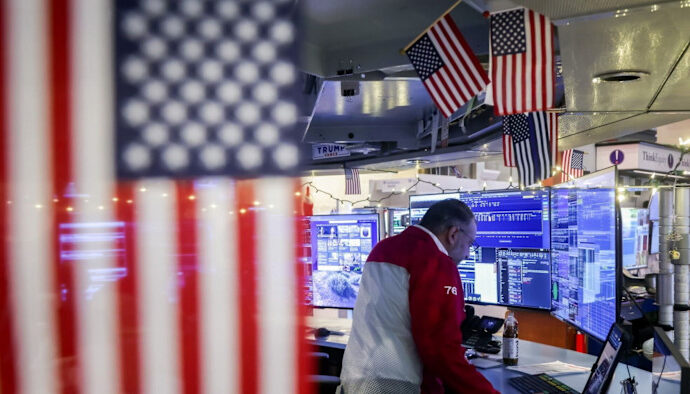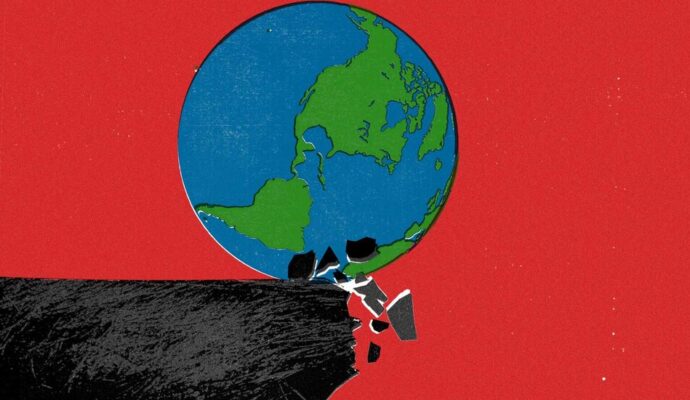Unlock the Editor’s Digest for free
Roula Khalaf, Editor of the FT, selects her favourite stories in this weekly newsletter.
The small Australian town of Parkes has been best known for hosting one of the world’s largest Elvis Presley festivals, but it is gaining global significance in the race to break China’s control of rare earths.
Mining billionaire Robert Friedland is co-chair and the biggest shareholder in Sunrise Energy Metals, which plans a scandium mine in Parkes, 350km west of Sydney, that would start production in 2028.
Sunrise raised $30mn last week to start pre-construction activities at the mine, one of the first projects to get off the ground in Australia after Washington and Canberra signed a deal in October to increase supplies of rare earths.
Downstream processing of the mine’s output is expected to take place in the US, with the company in discussion with potential partners.
The US and other western governments are rushing to try to find alternative sources of rare earths after China used its grip on sector as a chokepoint in trade talks by threatening export restrictions, though it has since suspended the threat following a truce with Washington.
Australia, which has vast mineral reserves and a sophisticated mining sector, is seen as a way for the west to diversify supplies of the metals, which are used in everything from smart devices to military technologies.
Friedland, the founder of Toronto-listed Ivanhoe Mines, said several US administrations have been “sleepwalking” into a rare earths crisis. “The Chinese are playing their hand strongly,” the mining veteran said about China’s supply chain dominance to the Financial Times, adding that Beijing’s export restrictions of the metals had caused a run on global supplies.

Scandium, one of 17 metallic elements called rare earths, is used as an alloy to strengthen aluminium for automotive and aerospace components and is a critical component for chips used in smartphones to enable radio-frequency selection.
It is also used in hydrogen fuel cell technology, as the metal improves electrical conductivity. Since the metal is mainly used in niche defence applications, it is not produced in high quantities and its price is difficult to assess, according to experts.
In October, US President Donald Trump and Australian Prime Minister Anthony Albanese signed a deal in which both countries pledged to contribute $1bn each to projects that will produce rare earths for buyers in the US and Australia.
Scandium has historically been sourced from the tailings of other mined metals such as nickel, titanium and uranium. In the new Australian projects, however, the metal will be extracted directly from conventional open pit mines, according to Sunrise.
“Australia has a bright future on scandium . . . there has never been a mine where you can just scrape it. Australia really is the lucky country,” said Friedland.
Chinese investors initially backed the Sunrise project. Jiang Zhaobai, the billionaire behind Chinese real estate and agricultural company Shanghai Pengxin, serves at the company’s co-chair and his mining subsidiary is the third-largest investor in Sunrise with a 7 per cent stake after investing A$87mn in 2017.
The Australian government has rarely taken issue with Chinese investment in mining projects, including in rare earths, as long as there are no control concerns, such as majority ownership or board control, according to industry executives and experts.
Sunrise, which has a market value of A$537mn ($348mn) after its shares surged almost 900 per cent in the past six months, signed an offtake deal with Lockheed Martin in October to supply the US defence contractor with up to 25 per cent of the scandium it produces.
Rio Tinto also owns the nearby Burra scandium mine, which it acquired in 2023.
However, the small-scale scandium business, which is part of the company’s titanium unit, is under review as part of a broader restructuring of Rio’s mining operations by recently appointed chief executive Simon Trott.
Companies in Canada and Norway are also targeting scandium expansion either through natural deposits or extraction from tailings. In September, Rio Tinto signed a deal to supply scandium from its Canadian titanium dioxide operations to the US Defense Logistics Agency.
Sam Riggall, chief executive of Sunrise, said that the geopolitical push to subsidise non-Chinese metals would reduce disruption in the global supply chain but comes at a cost. “It’s expensive and it’s probably going to be inflationary,” he said.


